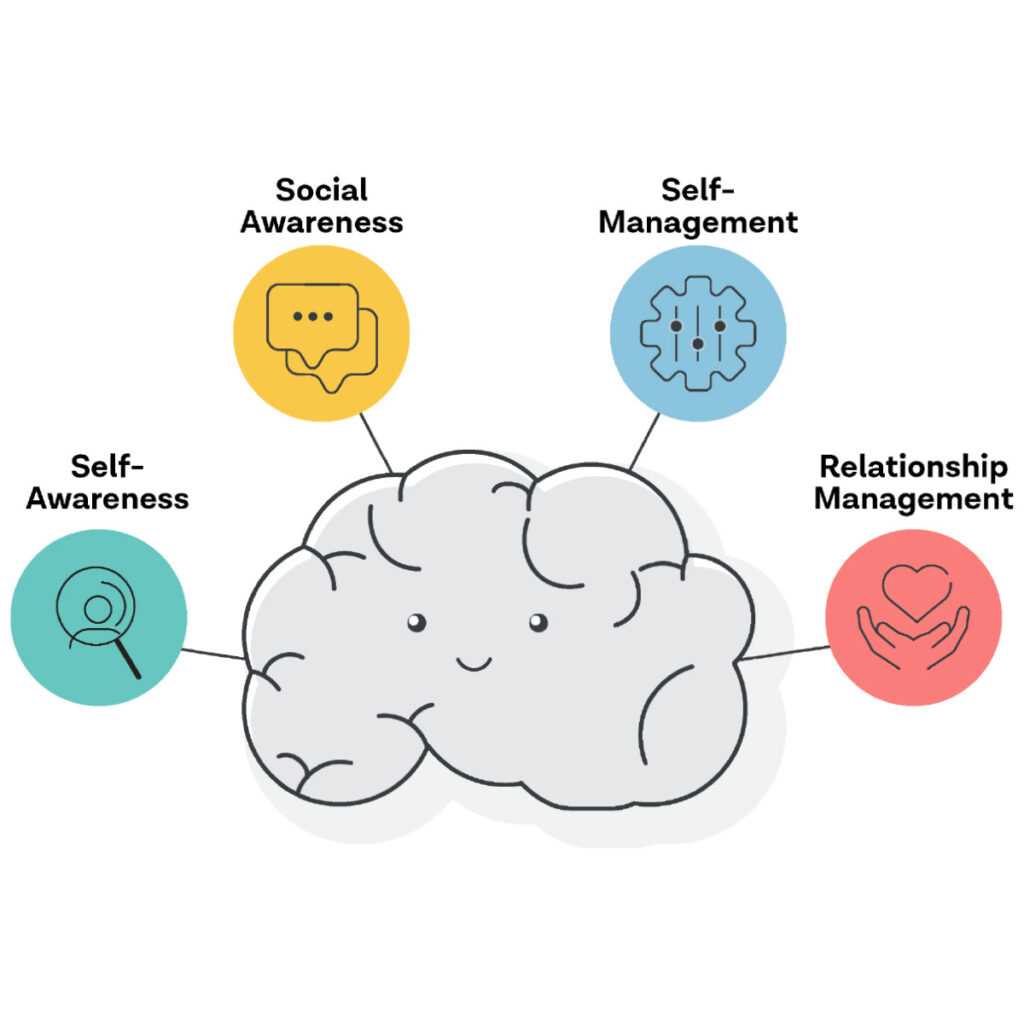(And Signs You Might Have It)
Have you ever realized you just haven’t felt like yourself lately but can’t exactly pinpoint why? Unfortunately, there are many diseases and illnesses that share very common symptoms, which can make a diagnosis difficult from the perspective of the untrained. Hypothyroidism is one of those conditions. However, we’re here to help. Read on to learn more about an underactive thyroid and how to spot signs that it might be something you’re struggling with yourself.
By Anna Hill

Endocrinology Specialist,
Erlanger Endocrinology
What Is Hypothyroidism?
If you have hypothyroidism, also known as an “underactive thyroid,” then your body isn’t producing enough thyroid hormone. According to Dr. Abhinaya Jawahar, an endocrinology specialist with Erlanger Endocrinology, the most common cause of hypothyroidism in adults is Hashimoto’s disease, an autoimmune disorder that is primarily genetic. Dr. Asma Khan, a physician with the Center for Diabetes and Endocrinology at Galen, further explains: “While Hashimoto’s and hypothyroidism cannot be used interchangeably, most people with Hashimoto’s are likely to develop hypothyroidism.”
Other causes of hypothyroidism include a thyroidectomy, which is a surgery that involves the removal of all or part of the thyroid gland as necessitated by cancer or some other condition, or if someone has an iodine deficiency. Iodine isn’t produced by the body, so it must be obtained through diet or supplements. The introduction of iodized salt has significantly reduced the occurrence of iodine deficiency in most industrialized nations, but unfortunately, underdeveloped regions around the globe are still at risk. Hypothyroidism can also be congenital, as some infants are born with a thyroid that has not developed properly.

Physician,
Center for Diabetes and Endocrinology at Galen
Signs You Might Have Hypothyroidism
Many symptoms that you might experience if you have an underactive thyroid are symptoms that are not at all unique to hypothyroidism. These symptoms include:
- Sluggishness and fatigue
- Depression/poor mental health
- Intolerance to cold
- Dry skin and hair
- Hair loss
- Constipation
- Minor weight gain
In women, symptoms can include irregularities in their menstrual cycles and can also hinder them from getting pregnant or having a healthy pregnancy.
Many of these symptoms can easily be mistaken as being caused by something else, and people often seek treatment for them without having their thyroid checked. For example, someone feeling depressed and tired all the time might consult with a mental health professional about their struggles. While it certainly isn’t always the case that fatigue and a low mood are caused by an underactive thyroid, there’s a possibility that they might be. If you’re experiencing these things alongside other symptoms mentioned above, such as dry skin or weight gain, don’t hesitate to have your thyroid checked by your doctor just for the sake of ruling hypothyroidism out first – or treating it if it is in fact the cause.


Nurse Practitioner,
CHI Memorial Family Practice Associates – Northgate
How Should a Healthy Thyroid Work?
A healthy thyroid gland absorbs iodine and produces thyroid hormone. Thyroid-stimulating hormone from the pituitary gland tells the thyroid to make the correct amount of thyroid hormone when it is needed, and the level of thyroid hormone is kept in a narrow therapeutic range.
How Is It Diagnosed and Treated?
If you think you have hypothyroidism, there’s good news: Most of the time, it’s easily diagnosed and treated. “Hypothyroidism is not difficult to diagnose, but if the pituitary or hypothalamus is involved in the disorder, the diagnosis can be more complicated,” explains Brenda Borkgren, a nurse practitioner at CHI Memorial Family Practice Associates’ Northgate location. Beyond those complications, simple blood tests usually determine if someone has hypothyroidism or Hashimoto’s, which, as previously mentioned, can frequently lead to hypothyroidism. According to Dr. Jawahar, the blood test administered will measure both your levels of thyroid-stimulating hormone (TSH) and your levels of thyroid hormone (T4). If you have high levels of TSH but low levels of T4, that means you have hypothyroidism. If you have Hashimoto’s, blood tests will show that anti-thyroid antibodies are present.
Treatment of hypothyroidism is fairly straightforward – the patient will be given thyroid hormones to supplement what they’re lacking in their body. “Thyroid hormones are commonly taken via a tablet, and the exact dosage will depend on the patient. To determine the dosage needed, lab work will need to be run to see the level of thyroid hormones in the blood,” says Dr. Khan. Though treatment is simple, most patients will require thyroid hormone replacement for life. If you’re taking thyroid hormone replacement, your doctor will also regularly administer blood tests to ensure that your levels are remaining healthy or readjust your exact dosage of medication, as doses of thyroid hormone that are too high can lead to bone loss and abnormal heart function.
A healthy thyroid is especially important in women who are pregnant or trying to become pregnant.

What Happens If It’s Left Untreated?
Without medical attention, an underactive thyroid can trigger a host of health problems. “Left untreated, hypothyroidism can cause an enlarged thyroid gland, heart problems, mental health issues, peripheral neuropathy (weakness, numbness, and discomfort due to nerve damage), infertility, and birth defects,” explains Borkgren. At its most severe stage, hypothyroidism can turn into a myxedema coma, which is a condition that leads to decreased mental function, hypothermia, and other symptoms related to multiple organs slowing down in function. This is considered a medical emergency and often results in death if not attended to as quickly as possible.
Many Americans are already at risk for heart disease, and hypothyroidism can further increase that risk. An inadequate level of thyroid hormone can affect your heart rate and the volume of blood being pumped by the heart, as well as increase your risk of unhealthy cholesterol levels. If these problems are left unaddressed, you can be more at risk for heart attack, stroke, congestive heart failure, and peripheral artery disease.
A healthy thyroid is especially important in women who are pregnant or trying to become pregnant. If a woman has hypothyroidism that’s gone undiagnosed, it can affect not only her ability to get pregnant, but it can affect her child’s growth and brain development as well. If an infant is born with hypothyroidism and isn’t treated quickly enough, it could lead to an intellectual disability or slowed growth rate.
The consequences of untreated hypothyroidism might sound frightening, but don’t fret: A simple round of blood work can determine if you have it, and the treatment for it is easily administered medication. If you’re concerned that you have an underactive thyroid, don’t hesitate to reach out to a physician.




